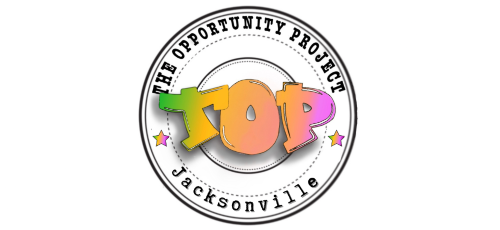SDB's: Alcoholism
Last article I gave an overview of Self Defeating Behaviours, explained as any deliberate or intentional behaviour that has clear, definitely or probably negative effects on the self or on the self’s projects. This month I have chosen one particular behaviour to look at, it’s a common one, more common than you would think – Alcoholism.
My supervisor always says “it’s not necessarily how much you drink, it’s more why you drink” – although I agree with this statement, sometimes how much someone drinks can turn into why they drink. There are different types of alcoholism:
- Physical Alcohol Dependency: the person cannot get through the day without a drink because they suffer with physical withdrawal symptoms.
- Psychological Alcohol Dependency: the person cannot get through the day without a drink because they can’t cope with the emotional and psychological fallout – they literally believe they cannot cope without a drink.
- Higher Functioning Alcoholism: this is the most common form of alcoholism. There are many people that are higher functioning alcoholics and don’t realise it, mainly people who have high stress jobs or retired folks who have a few drinks everyday but still function absolutely fine in the office / pottering round the garden the next day, albeit sometimes with a bit of a fuzzy head.
Those are the main types. Now for a bit of a confession. When I was studying addiction we all did the AUDIT questionnaire (Alcohol Use Disorders Identification Test), I came out as a higher functioning alcoholic – I’d never thought about how much I drank, but the results were a big wake up call! The thing is, because I worked in the city and everyone in my office drank heavily, I didn’t think anything of drinking a bottle of wine on a weeknight with my stressed out friend whilst we bitched about the company we worked for. Everyone did it. Nobody seemed worried.
So, why do we drink so much it becomes a self-defeating behaviour? I can answer this using my own example, because self-defeating behaviours are learned behaviours, that is our minds learn that the booze makes us feel better so we carry on using it. Or the booze alleviates stress, so we carry on using it. Here’s what happened to me.
A long time ago, in an advertising sales office far away, a bright young sales executive joined the exciting world of advertising sales. When she got her first sale in, the entire sales team went for drinks to celebrate. “Yay! The alcohol is boosting my current mood, I feel better than ever!” the sales exec thought. Then, after 2 weeks of no sales, the sales exec’s boss took her out for a commiseratory drink. After 4 glasses of wine (over lunch) the sales exec thought “Oooh, I feel better after a moan and a bottle of wine, I’m ready to go back and hit my target!” – and so, half cut, she did indeed hit her target. This cycle repeated until the sales exec had no idea what she was drinking week to week, there was always someone celebrating or commiserating, and so without even realising it the sales exec became a Higher Functioning Alcoholic.
In my story, the sales exec learned though conditioning to have a drink to celebrate, have a drink to commiserate. Because the world of sales is so up and down, this left little middle ground for no drinking days! Mostly alcoholics drink to escape emotional, or sometimes physical pain. Alcohol becomes a facilitator. In extreme cases, alcohol becomes the alcoholics friend.
Next time I’ll talk about treating alcoholism. If you want to take the AUDIT test you can do so online at: www.alcohollearningcentre.org.uk
If you would like someone to talk to about your drinking, you can visit our website www,chelmsfordtherapyrooms.co.uk and contact one of our advertising therapists.
by Jenny




